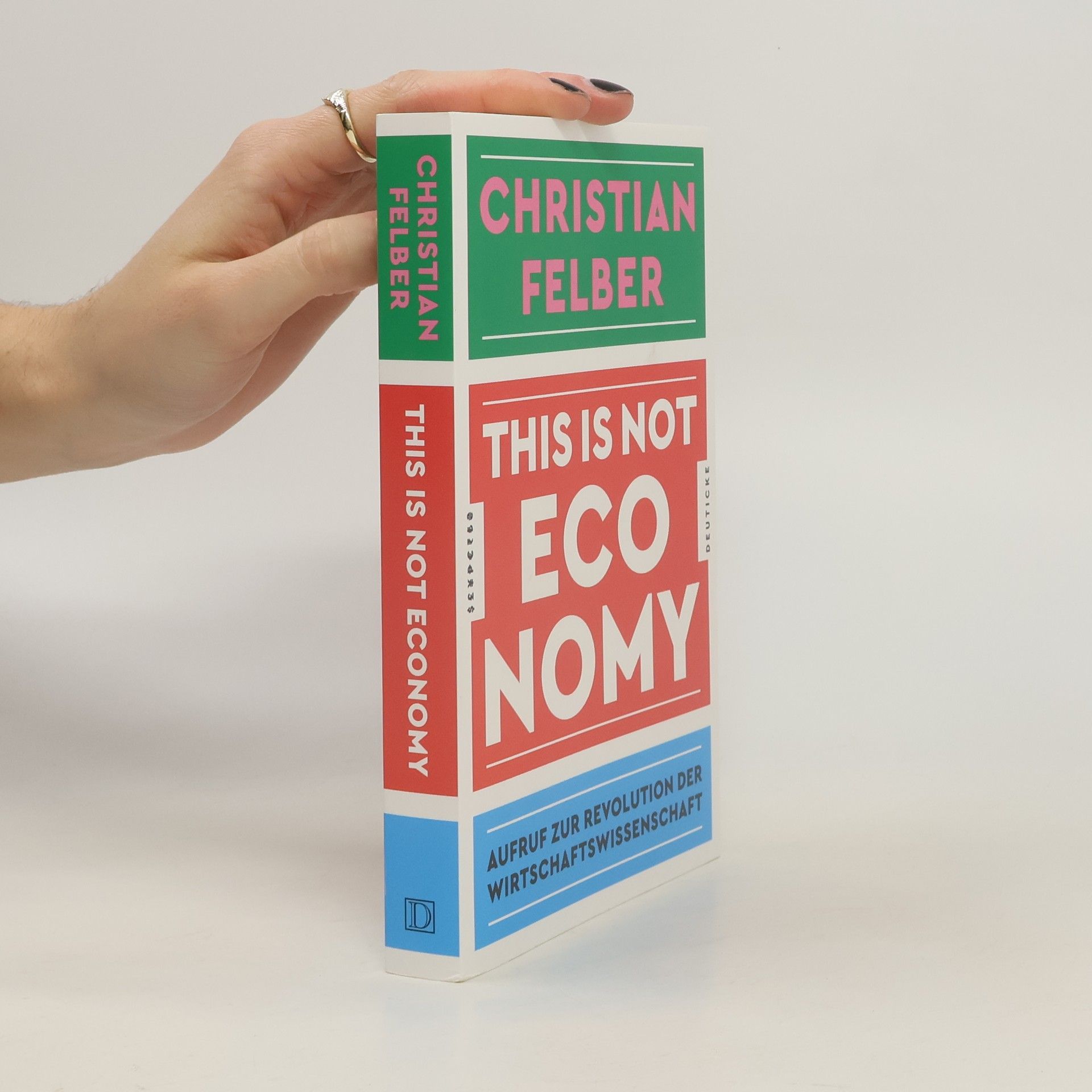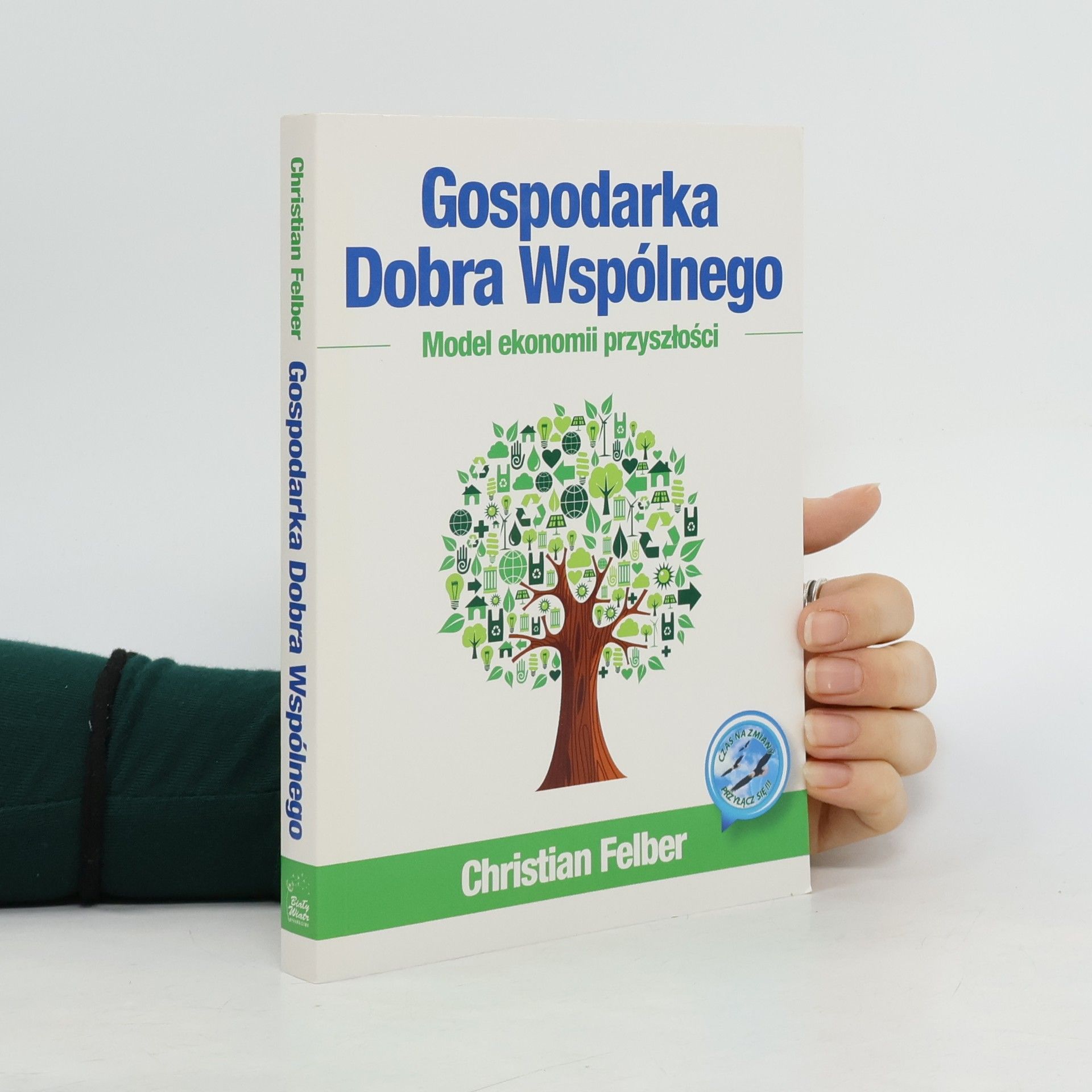Spätestens seit der Corona-Pandemie ist klar: Unsere Grundrechte lassen sich viel leichter außer Kraft setzen, als wir es lange Zeit für möglich gehalten hätten. Wie genau konnte dies geschehen? Sind doch unsere Grundrechte ein wichtiger Anker unserer Demokratie; sie schützen uns vor Übergriffen des Staates und sichern gleichzeitig öffentliche Leistungen wie Bildung und Gesundheit. Deshalb wurden sie im Laufe der letzten 250 Jahre Schritt für Schritt proklamiert und in nationales und internationales Recht integriert. Immer mehr Hürden wurden errichtet, um ihre Einschränkung zu erschweren - wie sich aber zeigt, nicht in ausreichendem Maße. Der mit der Gemeinwohl-Ökonomie bekannt gewordene Publizist Christian Felber analysiert die Geschehnisse während der Corona-Zeit, um einen Ansatz zu entwickeln, mit dem das zukünftige Beschneiden der Grundrechte in Krisensituationen vermieden und das Gemeinwohl gewahrt werden kann. Mit einem Vorwort des Mediziners und Public-Health-Experten Martin Sprenger.
Christian Felber Volgorde van de boeken (chronologisch)

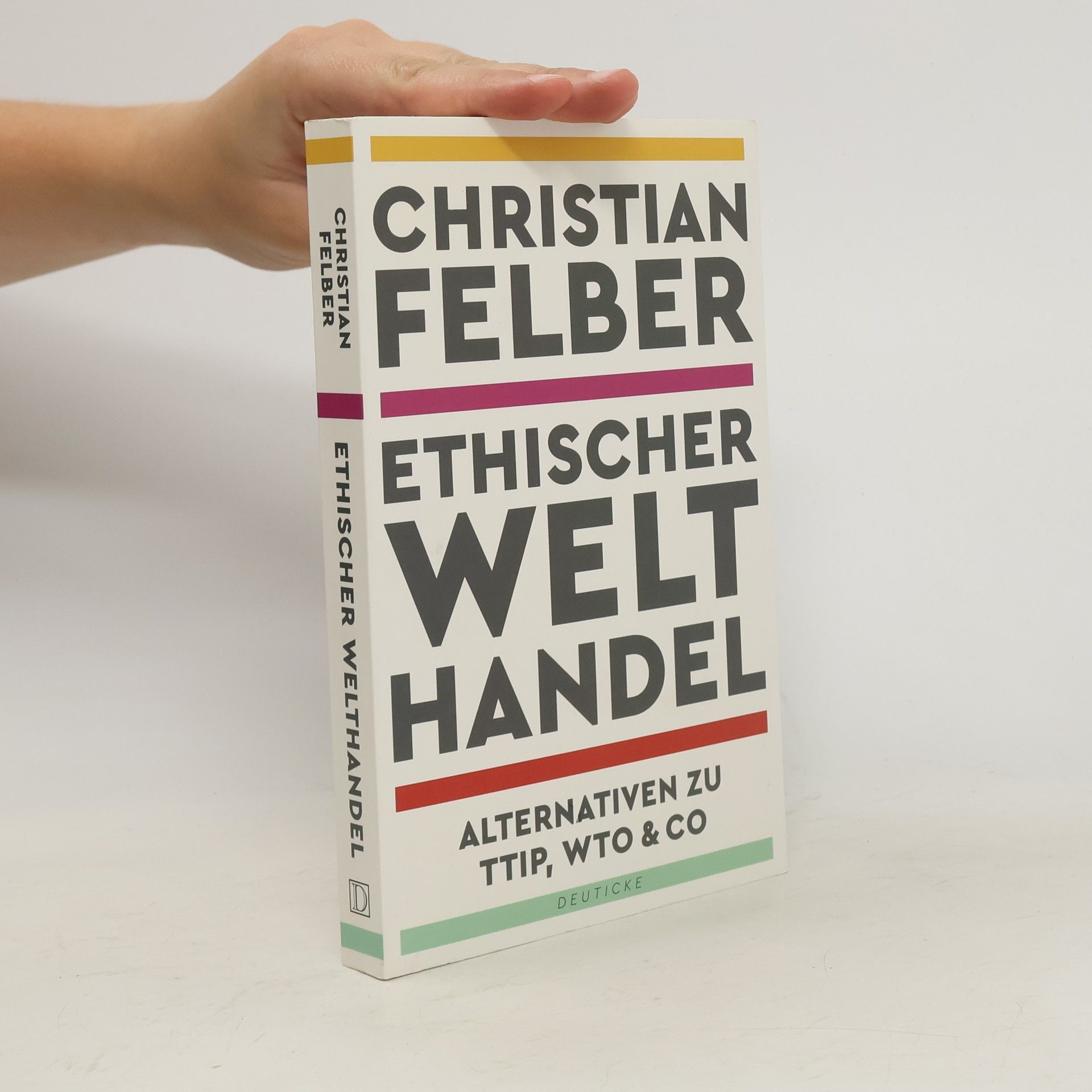
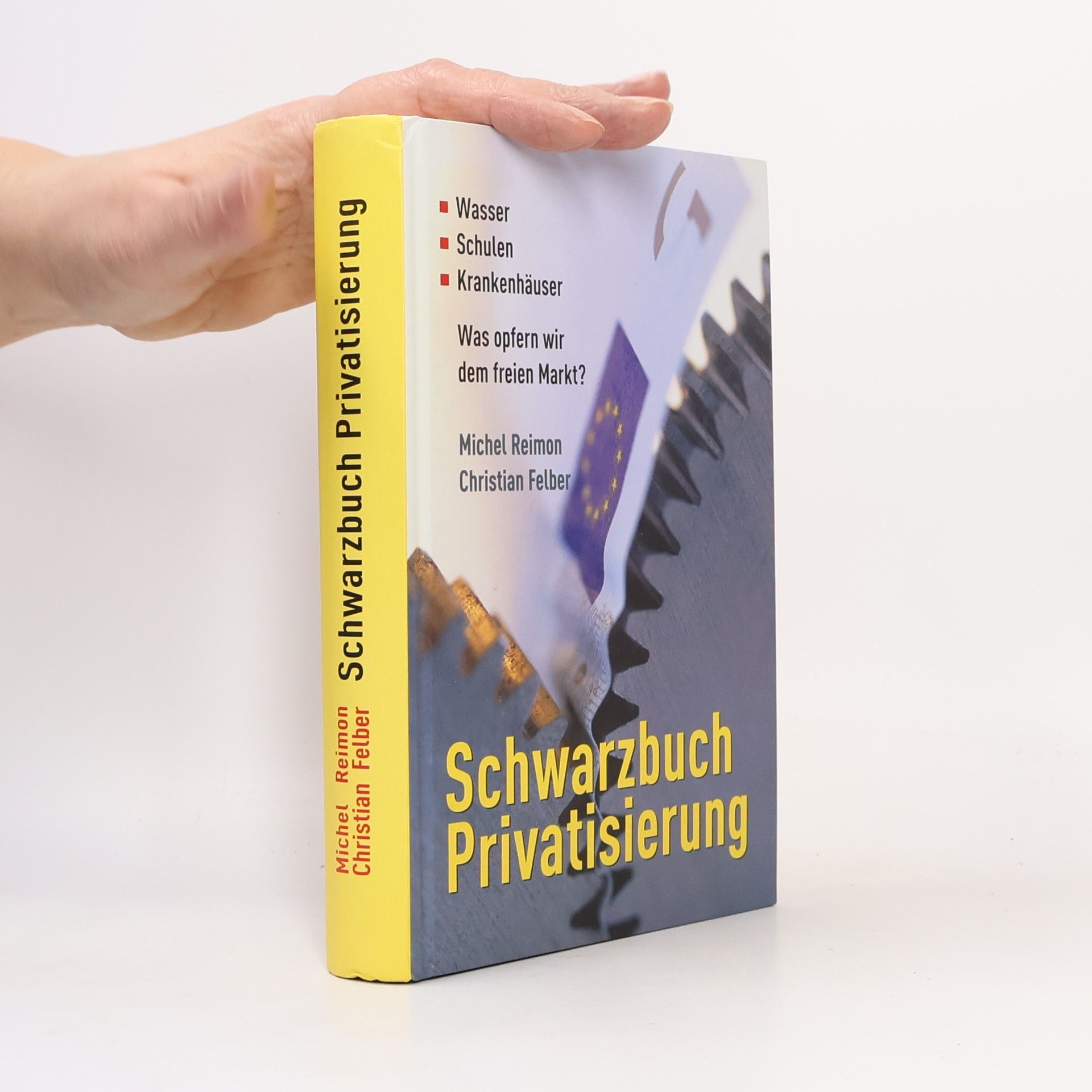
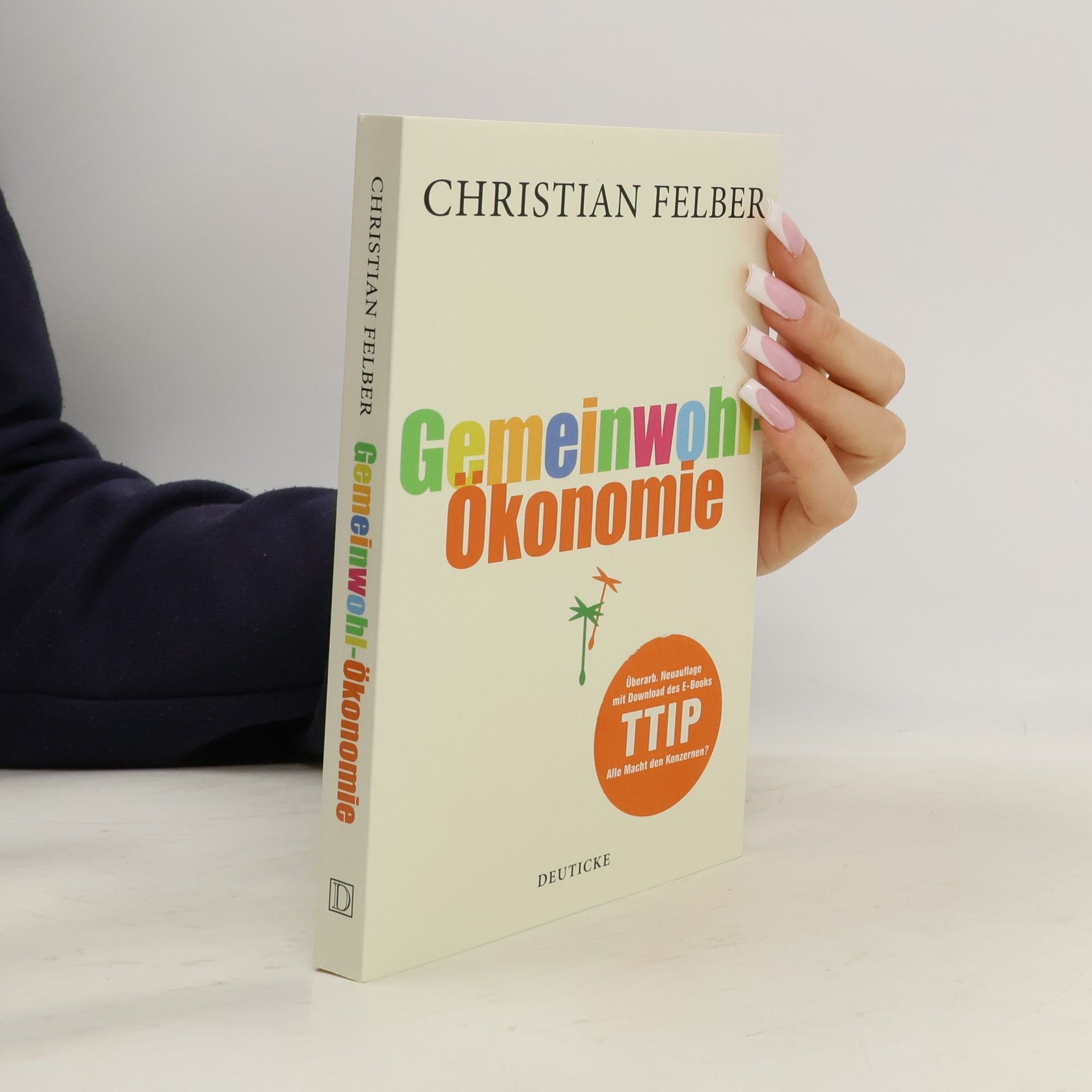
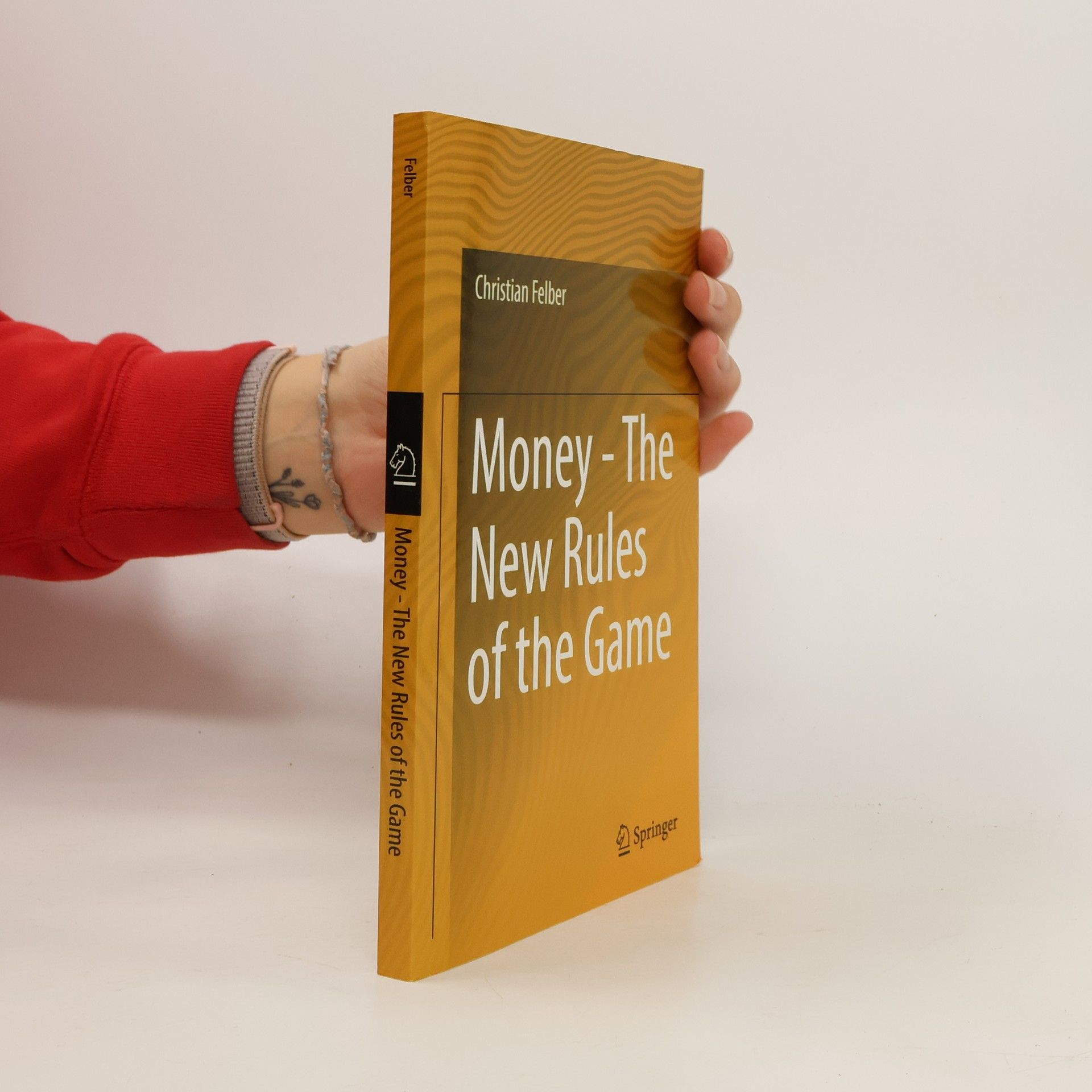
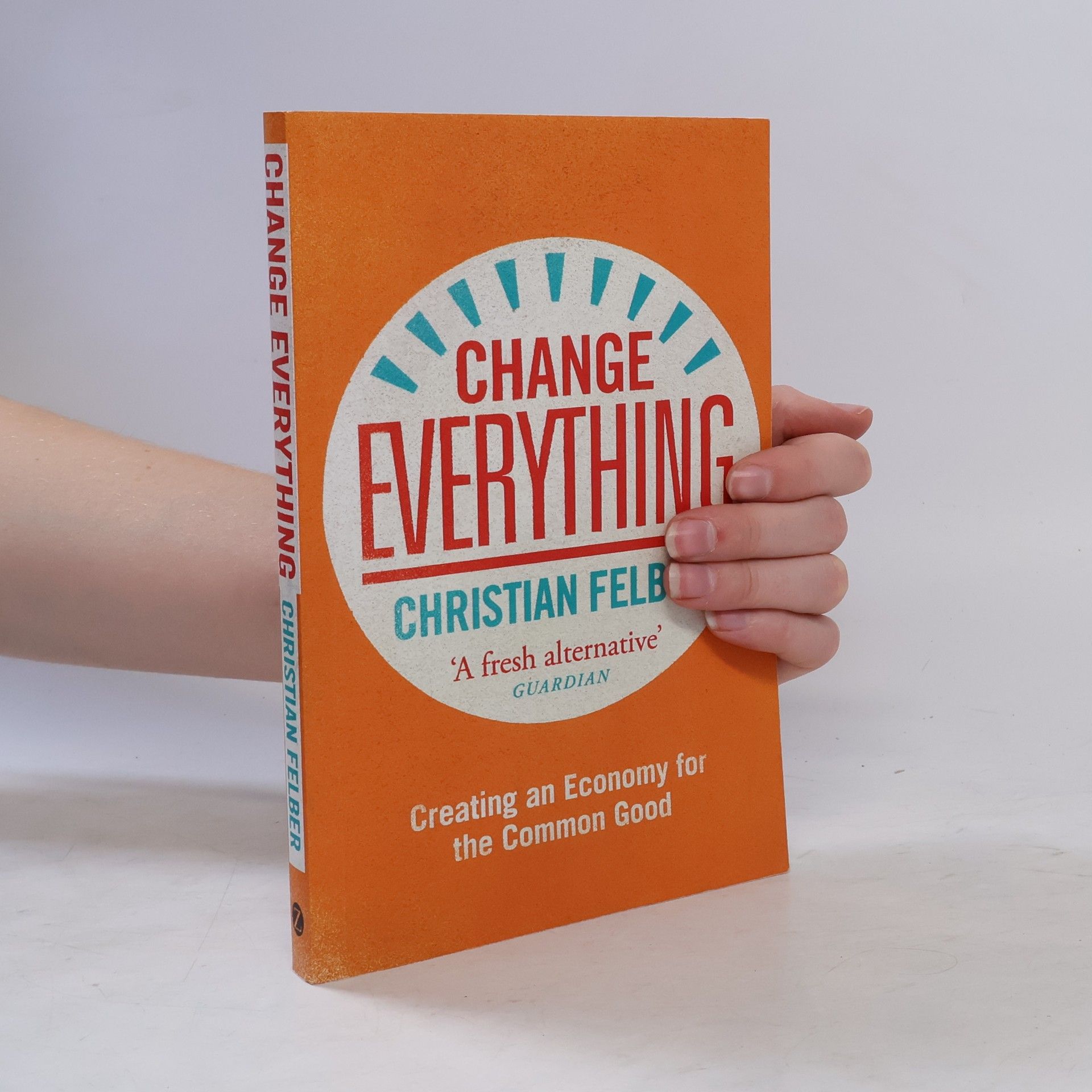
In 'Thrive. Fundamentals for a New Economy', Kees Klomp and Shinta Oosterwaal provide insights into alternative approaches to economics that are sustainable and just for both society and the planet in the long term. In twenty-four essays, internationally renowned economic thinkers like Kate Raworth, Charles Eisenstein, Clair Brown, Helena Norberg-Hodge and Daniel C. Wahl, share the alternatives that are available to us, such as doughnut economics, wellbeing economics, common good economics, regenerative economics, buddhist economics, commons economics, local economics, bioregional economics, indigenous economics and degrowth economics. Each of these approaches provides a realistic and enticing vision of a thriving future. ‘Thrive’ offers readers the fundamentals for a new economy that is rooted in the well-being of humanity and of our planet. This book is a must-read for anyone in search of economic perspectives that contribute to a flourishing world.
Zündstoff für ÖkonomInnen: In seinem neuen Buch nimmt Christian Felber, der Initiator der „Gemeinwohl-Ökonomie“, die Wirtschaftswissenschaft ins Visier. „Why did nobody notice it?“, nicht nur Queen Elizabeth fragte sich 2008, warum die Finanzkrise auch ÖkonomInnen zu überraschen schien. An den Wirtschaftsfakultäten brodelt es: Weltweit setzen sich Studierende für eine plurale Wirtschaftswissenschaft ein. Sie wollen implizite Annahmen, versteckte Werturteile und blinde Flecken offenlegen und die Ökonomie wieder in breitere Kontexte einbetten. Nach einem Überblick über die Bandbreite der Kritik stellt der Initiator der Gemeinwohl-Ökonomie Grundsatzfragen nach den Wurzeln der Disziplin und den Gründen der fatalen Verirrungen. Und er macht einen konkreten Vorschlag für eine ganzheitliche Wirtschaftswissenschaft. Zündstoff für die Wirtschaftswelt!
Money - The New Rules of the Game
- 244bladzijden
- 9 uur lezen
This book advocates for a holistic reform of the monetary and financial system, addressing issues such as money creation, central banks, loans, stock markets, tax justice, pension security, and the international monetary system—termed “Bretton Woods II.” It presents innovative alternatives for each cornerstone and introduces a participatory democratic process allowing citizens to determine the rules of the new financial and monetary system. Through “democratic money conventions” in municipalities, citizens can discuss and decide on aspects of this new system. A federal money covenant would then create a template for a referendum on the future “money constitution,” enabling a transformation of money from a financial weapon into a democratic tool. This envisioned system aims to provide equal opportunities for all members of society to participate in shaping the “new rules of the game,” progressively turning money into a public good that enhances freedom for everyone. Additionally, it promotes constitutional and relational values such as human dignity, solidarity, justice, sustainability, and democracy. The concept emphasizes that money should serve life and the common good. The “Bank for the Common Good” Project, initiated by Christian Felber in Austria, exemplifies these proposals in action.
Ethischer Welthandel
Alternativen zu TTIP, WTO & Co
Der Gründer der Gemeinwohl-Ökonomie-Bewegung Christian Felber widmet sich möglichen Alternativen zu TTIP, WTO & Co, deren Zustandekommen immer unwahrscheinlicher wird. Er plädiert konsequent dafür, der Ideologie von Freihandel, Standortwettbewerb und noch mehr Globalisierung endgültig abzuschwören. Weniger Hürden soll es für jene Staaten und Unternehmen geben, die einen Beitrag leisten, um die eigentlichen Ziele der Wirtschaft zu erreichen: nachhaltige Entwicklung, Verteilungsgerechtigkeit, kulturelle Vielfalt oder sinnvolle Arbeitsplätze. Und Barrieren im Handel für jene, die Menschenrechte missachten, für Klimasünder und Ausbeuter.
Change Everything
- 250bladzijden
- 9 uur lezen
Is it possible for businesses to have a bottom line that is not profit and endless growth, but human dignity, justice, sustainability and democracy? Or an alternative economic model that is untainted by the greed and crises of current financial systems? Christian Felber says it is. Moreover, in Change Everything he shows us how. The Economy for the Common Good is not just an idea, but has already become a broad international movement with thousands of people, hundreds of companies, and dozens of communities and organizations participating, developing and implementing it. Published in English for the first time, this is a remarkable blueprint for change that will profoundly influence debates on reshaping our economy for the future.
Der Sinn für das Gemeinwohl ist neu zu entfachen. Er ist der Jagd nach Profit und persönlichem Vorteil auf Kosten der Natur und der Gesellschaft entgegenzusetzen. Nur mit einem Sinn für die Vorfahrt von Ökologie, Sozialität und Solidarität gibt es ein wirkliches Überleben des Lebens. Christian Felber ist einer der führenden Köpfe der Gemeinwohl-Ökonomie, Mitbegründer von Attac Österreich und der Bank für Gemeinwohl. In diesem persönlichen Buch zeigt er, aus welchen spirituellen Wurzeln sein Gemeinwohldenken und -handeln entspringt. Und wie sich eine spirituelle Orientierung in einem wirtschaftlichen Denken und Handeln konkretisiert, dem es um Gemeinschaftswerte geht.
Eine demokratische Bewegung wächst: Christian Felbers alternatives Wirtschaftsmodell in einer aktualisierten und erweiterten Neuausgabe. Mehr als tausend Privatpersonen, Politiker/innen, Initiativen und Unternehmen haben sich der Idee in nur einem Jahr angeschlossen, nach vier Jahren waren es bereits 1700 Unternehmen und weitere 200 Organisationen, die das Modell unterstützen. Schulen und Universitäten aus halb Europa und ganz Lateinamerika beteiligen sich. Felbers Gemeinwohl-Ökonomie beruht – wie eine Marktwirtschaft – auf privaten Unternehmen und individueller Initiative, jedoch streben die Betriebe nicht in Konkurrenz zueinander nach Finanzgewinn, sondern sie kooperieren mit dem Ziel des größtmöglichen Gemeinwohls.


